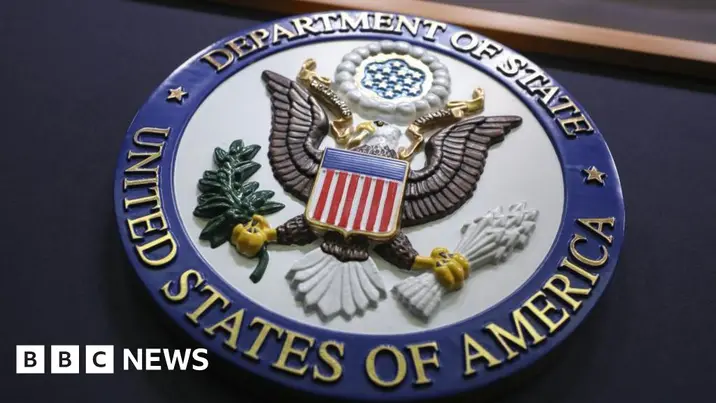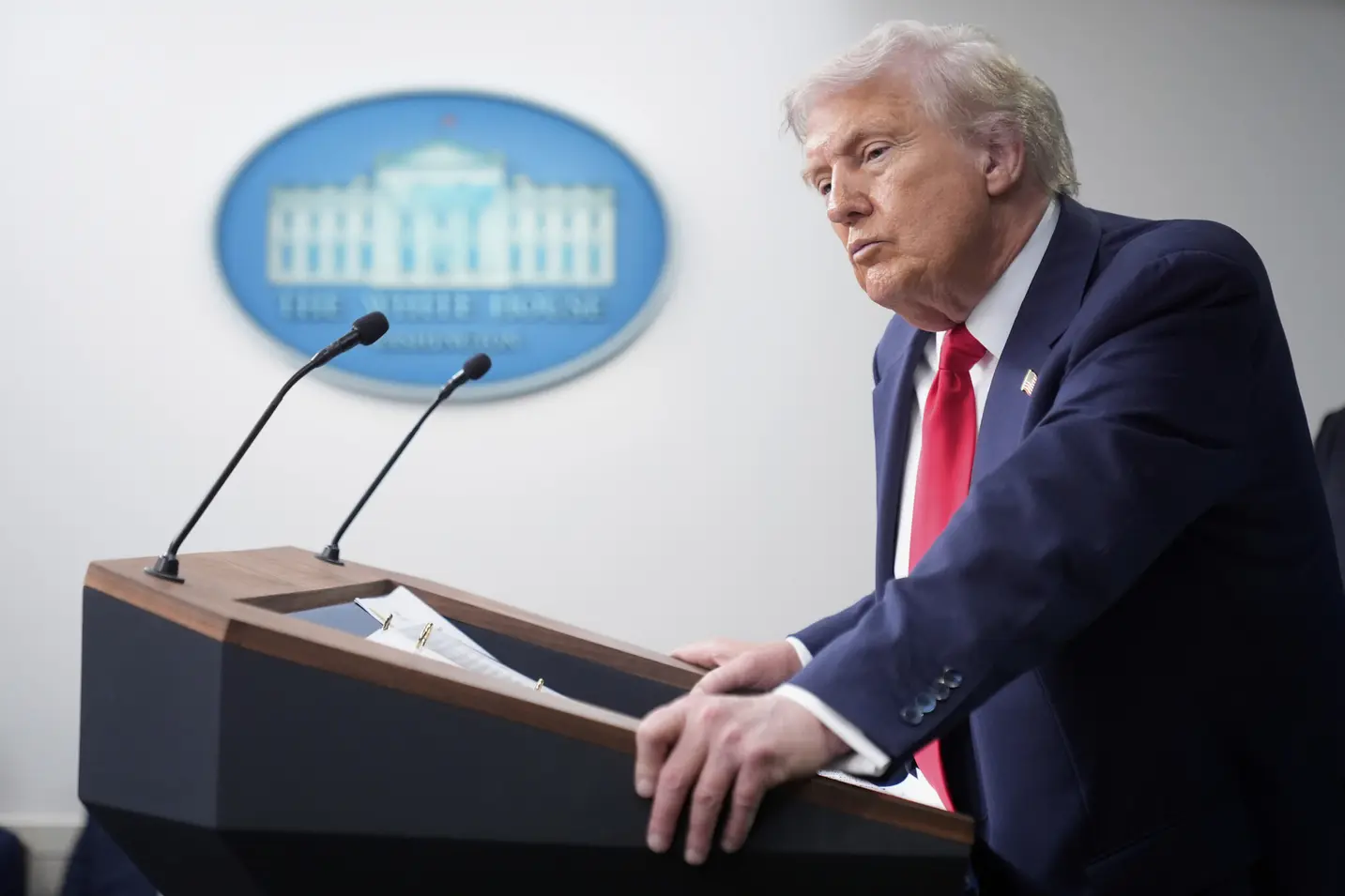T4K3.news
Human rights reports under political pressure
State Department releases trimmed reports; critics warn of credibility loss and policy impact.

The State Department’s annual human rights reports are accused of trimming facts and bowing to political aims, sparking questions about credibility and global impact.
The Incredible Disappearing Human Rights Reports
The State Department released its annual Country Reports on Human Rights Practices on Tuesday, covering nearly 200 countries and territories and guiding U.S. diplomacy and aid decisions. This year the reports appear trimmed, with fewer references to LGBTQ+ rights, gender-based violence, and systemic discrimination, and smaller page counts for several nations.
The Israel report dropped by more than 91 percent, from 103 pages to nine, and other countries such as El Salvador and South Africa saw similarly sharp cuts. Critics say the edits reflect political calculations, not a faithful account of abuses documented by international bodies and human rights groups.
The administration has also sought to remove references to refoulement and to expand deals that deport migrants to third countries. Activists point to the use of deportation agreements with Eswatini, South Sudan, Rwanda, and others as part of an effort to foreclose asylum routes, while the reports themselves offer a more favorable view of some allies. Amnesty International and other groups argue the changes undermine the reports’ role as a check on power and a tool for policy decisions.
Key Takeaways
"I would ask that people view this as an indication of our point of view in general, that there’s no country singled out for condemnation or singled out for praise. It’s the nature of the consistency of how our diplomats, how President Trump and Secretary Rubio view the nature of what’s happening in those countries."
Tammy Bruce defending the edits
"This administration continues to do irreparable harm to America’s credibility and global leadership as it retreats from defending human rights abroad and attacks the rule of law and civil liberties of Americans here at home."
Gregory Meeks on the changes
"Failing to adequately report on human rights violations further damages the credibility of the U.S. on human rights issues. It’s shameful that the Trump Administration and Secretary Rubio are putting politics above human lives."
Amanda Klasing on the reports
"We have criticized past reports when warranted, but have never seen reports quite like this. Never before have the reports gone this far in prioritizing an administration’s political agenda over a consistent and truthful accounting of human rights violations around the world."
Amnesty International USA statement
The edits suggest a shift in how the United States uses human rights reporting. By trimming sensitive topics and punishing certain criticisms, the reports risk becoming a political instrument rather than a neutral record. That change could undermine the credibility of U.S. diplomacy and weaken the leverage these reports exert in shaping foreign aid and sanctions.
Beyond credibility, the move may affect vulnerable populations who rely on honest reporting to prompt accountability. Critics warn that bending the record to political goals could erode international norms and hinder advocacy efforts. The debate also raises questions about how much weight lawmakers should give to a document that appears to be steering policy as much as it informs it.
As the country debates immigration and asylum policies, the reports’ new form may intensify scrutiny from allies and opponents alike. It could encourage other governments to treat the United States’ commitments to human rights as negotiable, a trend with potential consequences for global governance and refugee protection.
Highlights
- Credibility fades when rights records bend to politics
- Pages shrink, but the record of abuses grows louder
- Let the record speak, not the agenda
- Policy goals should not rewrite human suffering
Political and humanitarian risk
The article discusses politicization of human rights reporting and deportation deals, which could provoke backlash from lawmakers, activists, and international partners. It raises concerns about credibility and the potential impact on U.S. leadership and refugee protection.
The record should illuminate, not hide, the truth behind rights abuses.
Enjoyed this? Let your friends know!
Related News

Increased Global Pressure on Israel Due to Gaza Actions

UK rights under pressure after US report

Human rights groups accuse Israel of genocide in Gaza

UK faces rising fiscal deficit with urgent need for council tax reform

Trump overhaul trims Israel critique in human rights report

Israeli rights groups accuse Israel of genocide in Gaza

Iranian prisoners report dire conditions after airstrikes

Disturbing images reveal child malnutrition crisis in Gaza
